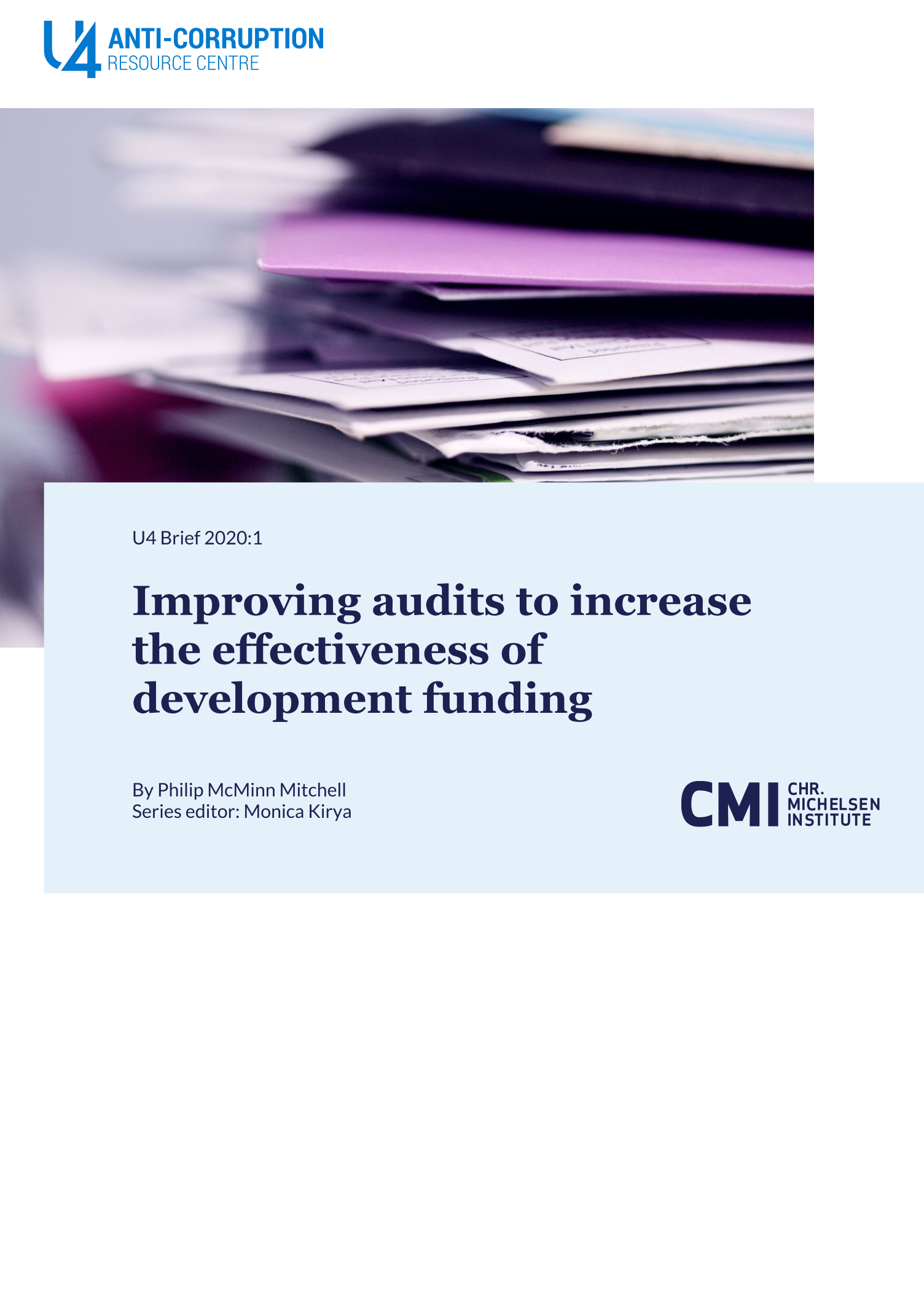Main points
- A strong relationship between funder, implementer, and auditor is vital in ensuring the effective use of development funding.
- Organisations using donor funds should be judged on proof of outputs or short-term outcomes rather than less reliable accounting entries.
- An audit which concentrates on a single aspect of a development programme can harm other aspects and subsequently fail to recognise whether it is achieving its intended aims.
- The success of development programmes relies on implementers continuously improving their systems to identify and manage risks, and a programme’s design, monitoring, and evaluation should understand those risks that could prevent its desired goals.
- Better alignment between implementers and sponsors on project goals, the risks, and the definition of quality delivers a more satisfactory audit, which becomes a valuable oversight tool for the sponsor.
